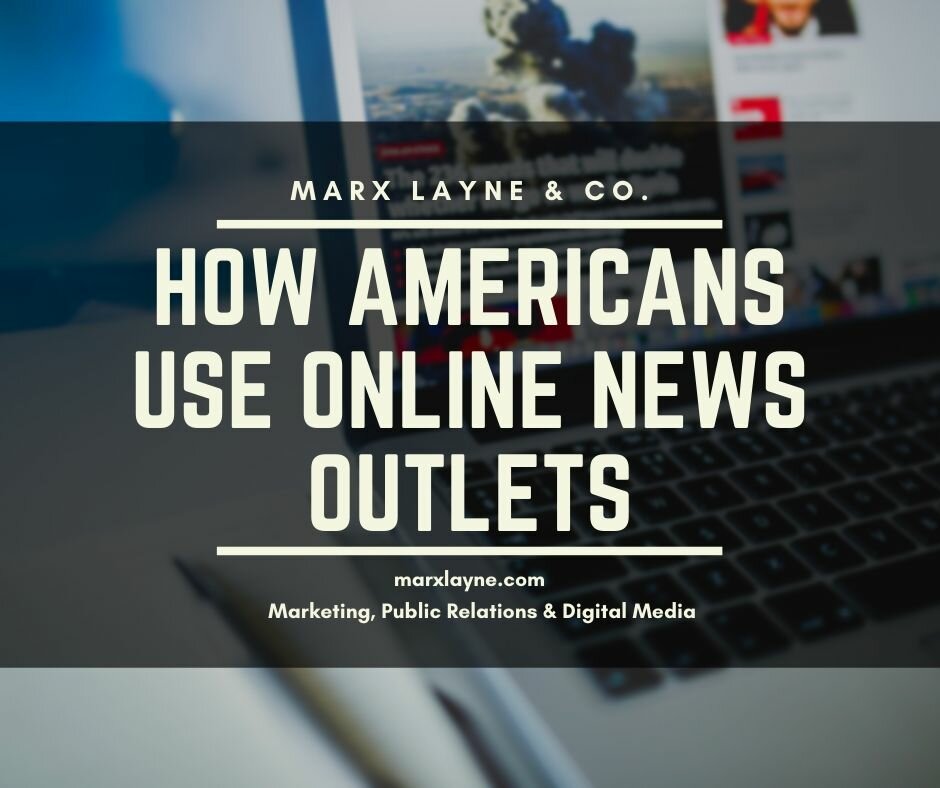
January 20, 2020
Takeaways from Online News Association’s annual conference
The Pew Research Center came out with findings based on the Online News Association’s annual conference in late 2019, reporting on the changes in how Americans use online news outlets. Some of the most [...]
The Pew Research Center came out with findings based on the Online News Association’s annual conference in late 2019, reporting on the changes in how Americans use online news outlets.
Some of the most noteworthy takeaways from the findings are relevant lessons for business entities who use social media to communicate news. Three findings are key:
- Where people get their news
- Their trust in news
- How they respond to news
This should not be surprising to anyone who has followed recent trends – more Americans than ever are getting their news from social media. This study revealed a whopping one in five adults say they often get news from social media. Data breaches and privacy issues aside, Facebook remains the most common social media site used by Americans: About 43 percent get news on this site.
Regarding trust, the scales have fallen off Americans’ eyes when it comes to trusting information from social media. Even though Americans report turning to Facebook and other social media sites for news regularly, 57 percent of those same people expect the news they see on these platforms to be largely inaccurate. This opinion was prevalent, even among those who say they prefer getting their news on these sites.
So, Americans are obtaining a large portion of their news from social media, but are highly skeptical of the information they receive – but how are they responding to this dichotomy? More than half of Americans (52 percent) report they have changed how they use social media because of the issue of inaccurate or purely made-up news.
Although about a third of social media news consumers admit sometimes clicking on news stories they don’t trust, about half have stopped following a news source because of consistent made-up news and information.
What this means to businesses and politicians is simple: While there’s no doubt that social media is a powerful and effective tool to disseminate information to a large audience quickly, Americans are getting smarter about sifting through what is relevant, accurate and useful. They have developed more of an ability to determine what is perhaps entertaining, but useless, fodder.
To gain the trust of social media users, the adoption of old-fashioned journalistic ethics — reporting vetted factual information and providing transparency between news articles and opinion pieces — will serve those who post news on social media as a conduit to develop trust in readers and longtime followers.
Share This Story, Choose Your Platform!
Marx Layne is your competitive advantage.
Your reputation and success are our only concerns.
